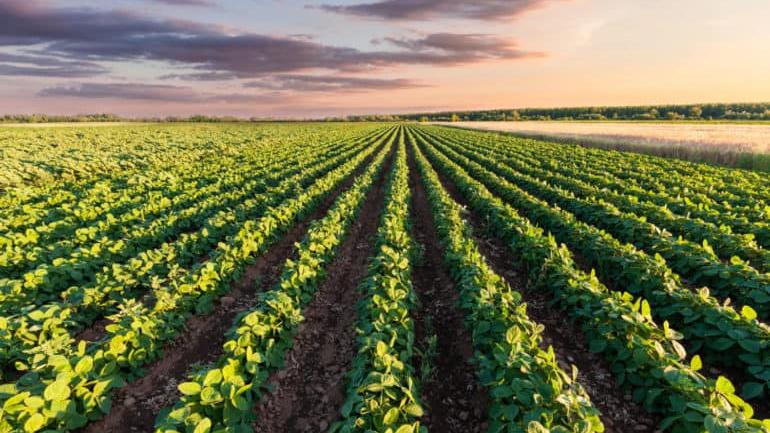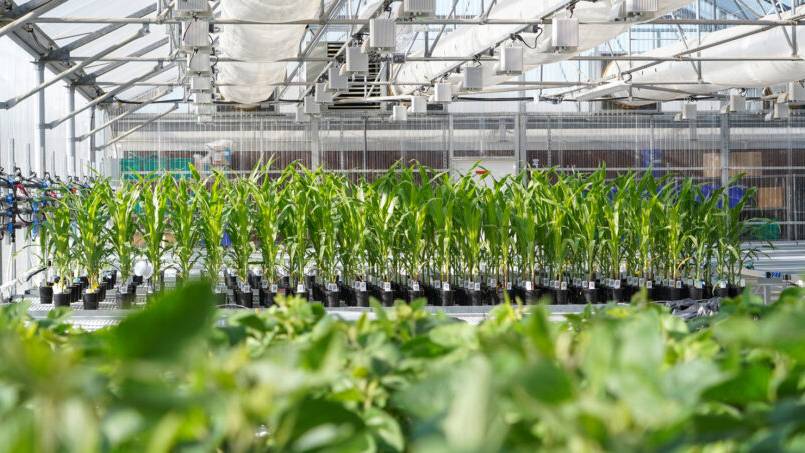World Food Day Focuses on Sustainability

Sustainability was the focus of this year’s World Food Day observance on Oct. 16. The Food and Agriculture Organization of the United Nations made the call for better food systems to defeat hunger and nutrition around the globe.
According to the FAO, new hunger figures that show 842 million people worldwide are chronically undernourished. Unsustainable models of development are degrading the natural environment, threatening ecosystems and biodiversity that will be needed for our future food supply, FAO said.
Turning waste products like manure and food scraps into valuable fertilizer or energy can improve sustainability. Pests and diseases damage crops and animals, and reduce the quantity and quality of food available for humans. Using safe and effective methods to control these losses in production, processing and storage helps make food systems more sustainable, FAO said.
“We cannot improve nutrition without food security and we cannot achieve food security if we don’t have the right food systems,” FAO Director-General José Graziano da Silva told the World Food Day ceremony in Rome, attended by government ministers, diplomats, heads of UN agencies and other dignitaries.
Da Silva said that although food systems produce enough food for everyone, over half of the world’s population is affected by either over- or under-consumption. In addition, loss and waste of food products affects one-third of global food production.
“The economic costs of hunger are striking. They can amount to as much as 5 percent of global income through lost productivity and direct health care costs,” he said. “The flip side is the huge economic benefits that could results from ending hunger and malnutrition.”
Graziano da Silva pointed out that 62 out of 128 countries that FAO monitors have reached the Millennium Development Goal hunger target.
Watch the World Food Day webcast, “Global Food Losses and Waste: From Reduction to Prevention for a Sustainable Agro-Food System.”





